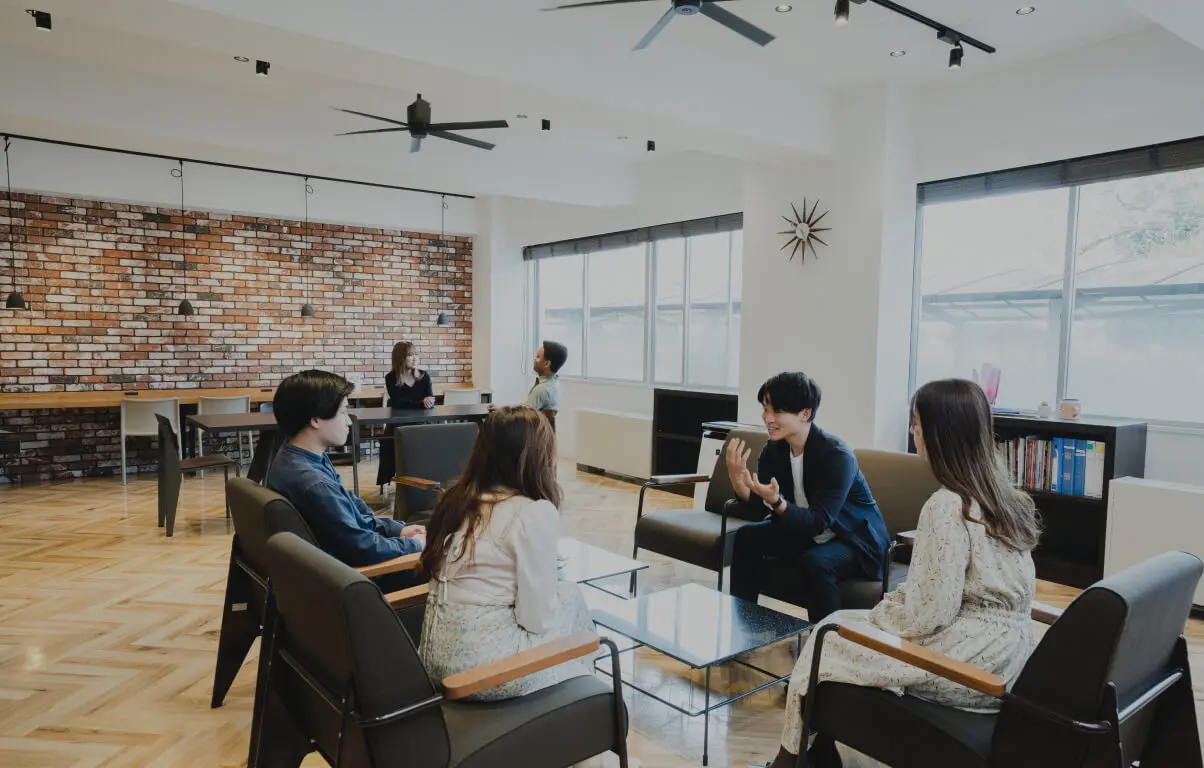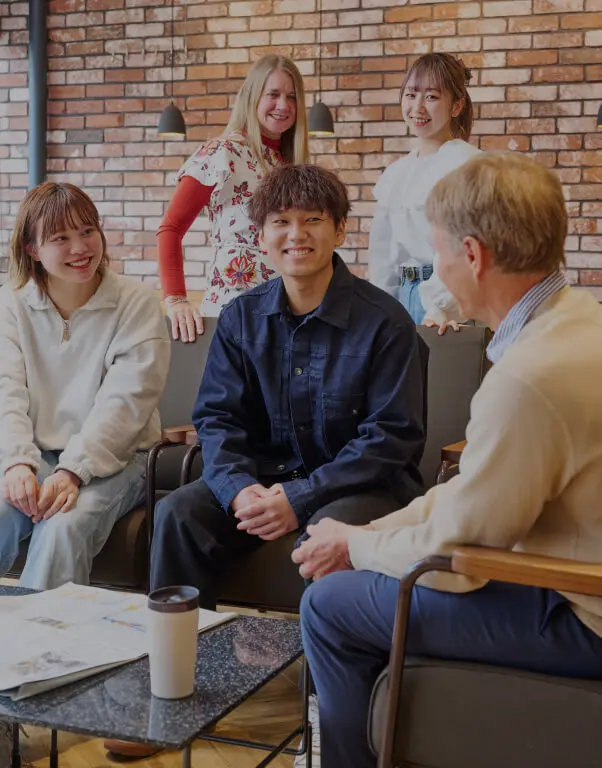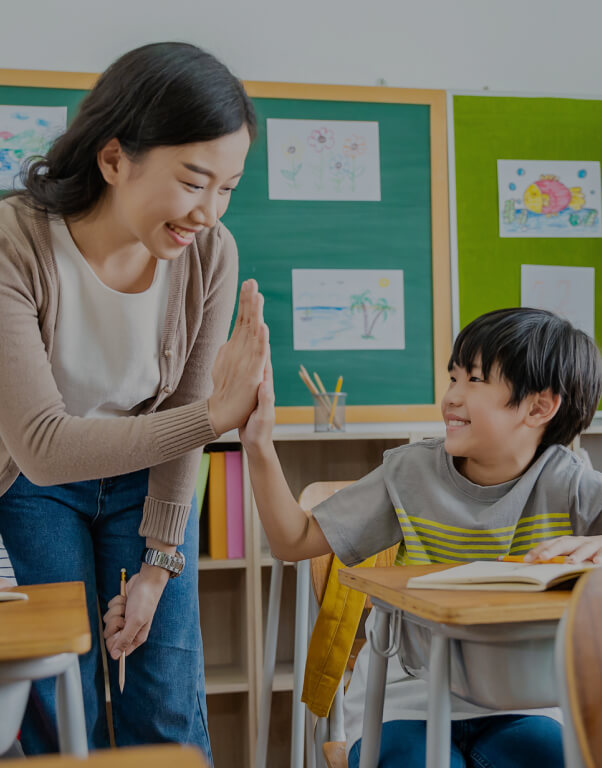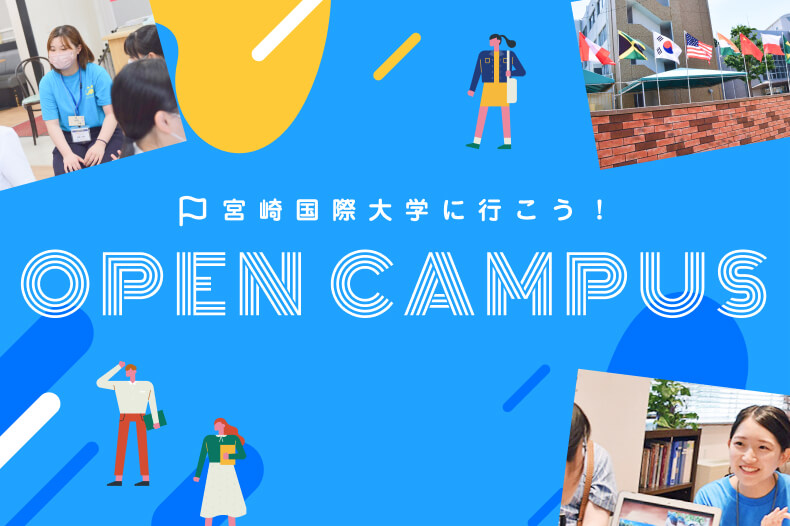テスト(試験)で測れる能力(記憶力や知識)に対し、テストでは測れない能力(知能、非認知能力)の涵養の重要性が年々増しています。テストで測れないと言われる非認知能力と言えども、その多くはある程度は評価できるものです。おそらく、どのように評価すればよいのかその方法がわからない人が多いと思っています。また、非認知能力をどういう方法で身に付けさせるか、その方法がわからない人も多いと思われます。
最近、中学校や高校の生徒、教職員あるいは保護者向けの講演依頼がよく来ます。その多くは、脳科学的視点からどのような教育方法によって、「創造性、論理的思考力、批判的思考力、推理・判断力、など」が育成できるか?、と言うものです。たまたま、県内2高校のSSH(スーパーサイエンスハイスクール)事業の外部運営委員長をやっているので、中学・高校教師のこのような要望はよく理解できます。
私が学長を務める宮崎国際大学は国際教養学部と教育学部からなり、学生定員は1学年あたりわずかに前者が100人、後者が50人の計150人です。入学してくる学生の半分以上は推薦入学で、共通センターテストや個別学力テストのための大学受験勉強を経験しなかった学生もいるでしょう。ところが、教育学部4年生の今年の小学校教員採用試験の一次試験では30人中30人が合格し、100%の合格率でした。一体なぜそこまでの学力が身に付いたのか?誰もが不思議に思います。
でも、これは決して不思議な事ではありません。私はしばしば土曜日や日曜日に出勤して来ますが、多くの学生が自習室で一生懸命勉強している姿を目にします。以前の国立大学勤務時代にはあまり目にしなかった光景です。何が違うのか?それは、本学の学生は自分で目標を持ち、自分で調べ、自分で問題を解決する力(PBL)が徐々に付いてきているのです。特に、勉強が楽しいと言う学生が多いのには驚きです。なぜ?そこには本学だからこそできるいくつかの要因があると思われます。
最大の要因は、教育学部では各先生方や学部長が、個人個人の能力に合わせて勉強方法を指導し、必要に応じた補習、課題探求型グループ学習、プレゼンテーション、実習対策セミナーや対策実習などを通してのレポート作成他、多様な方向から指導することで、知識の涵養では無く各自が考えて行動しなければならないように仕向けていることにあります。一方で、国際教養学部の先生の多くは外国籍であり、外国での教育方法が身に付いています。そのため、個人との対面での質疑応答や少人数での意見交換セミナーを頻繁に実施し、専らアクティブラーニングを主体にしています。さらに、多くの宿題レポートを課しています。おそらく、高校では体験したことが無い教育法がふんだんに盛り込まれています。
本学は、2021年度の「高校の進路指導の先生方が選ぶ大学」アンケート調査で、「入学後に学生を伸ばしてくれる大学」部門で全国30位となっています。地方の小さな大学としては、本当に驚嘆に値する素晴らしさです。
Cultivating Non-Cognitive Abilities
In contrast to abilities that can be measured by tests (memory and knowledge), the importance of cultivating abilities that cannot be measured by tests (intelligence and non-cognitive abilities) is increasing every year. Many of the non-cognitive abilities that are said to be unmeasurable by tests can still be evaluated to some extent. Many people probably do not know how to evaluate them. I also believe that many people do not know through what means one can help to acquire non-cognitive skills.
I often receive requests to give a lecture to students, teachers, and parents at junior high schools and high schools. Many of the requested themes are on what pedagogical methods would cultivate “creativity, logical thinking, critical thinking, reasoning and judgement, etc.” from the brain science point of view. I happen to be the chairperson of the external steering committee for the SSH (Super Science High School) program at two high schools in Miyazaki Prefecture, so I can understand these needs of junior high school and high school teachers.
Miyazaki International College, where I am currently the president, has the School of International Liberal Arts (ILA) and the School of Education (EDU), with a total student capacity of only 150 in a year, 100 students in ILA and 50 in EDU. Over a half of the incoming students are admitted on school recommendation. Some of them may not have had the experience of studying for the Common Test or individual achievement tests for university admissions. However, in the first round of this year’s primary school teacher employment examination, 30 out of 30 fourth-year EDU students were successful, making the passing rate of 100%. How on earth did they acquire such academic skills? Everyone wonders.
However, it is not a mystery at all. I often come in to work on Saturdays and Sundays and see many students studying hard in the study room. This is something that I did not see so often when I was working at a national university. What is the difference? The difference is that our students are gradually developing the ability to set their own goals, do their own research, and solve problems on their own (PBL). It is especially surprising that many students say they enjoy studying. Why? There are several factors that make it only possible for our college to do this.
The biggest factor is that in the School of Education, faculty members and the Dean provide guidance on how to study according to the abilities of each individual student, and offer guidance from various directions, including supplementary classes as needed, group study in which students explore issues, presentations, and report writing on practical training seminars, etc. All these do not enhance cultivation of knowledge itself, but each individual is made to think and act according to their own thinking. On the other hand, many of the faculty members in the School of International Liberal Arts are foreign nationals and are familiar with foreign educational methods. For this reason, the School of International Liberal Arts conducts face-to-face question-and-answer sessions with individual students and small-group opinion-exchange seminars frequently, and the School focuses on active learning. In addition, we give students plenty of report writing as homework. The program incorporates many pedagogical methods that students have probably never experienced in high school.
In the 2021 survey of “Universities selected by high schools’ career advising teachers”, our college was ranked 30th in the nation in the category of “Universities that help improve students’ skills after admissions”. For a small college in a regional area of Japan, this is truly a marvelous achievement.





